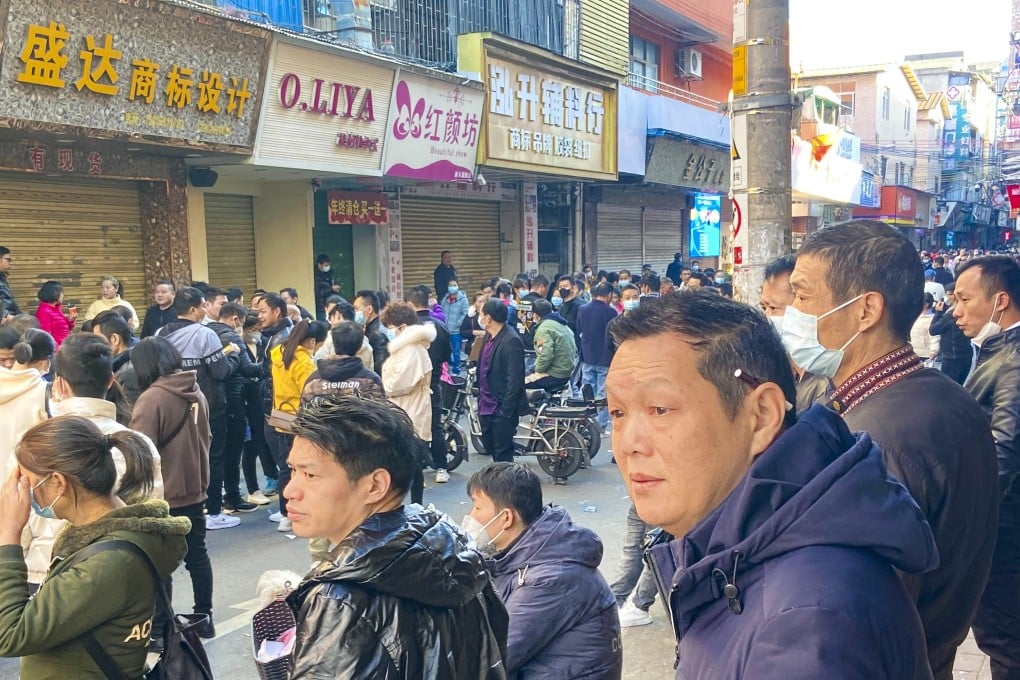China, in search of new growth drivers, considers urban residency reforms
- China’s urban migrants, long denied residency and the benefits it would bring, could be source of growth if status changed through reforms
- Property market slowdown, other factors have created need for new avenues of consumption and economic activity

As it searches for new sources of growth to offset shortfalls beget by a shambling property market, China is pondering the consumption potential of rural migrants – a group so large it is more than double Japan’s entire population – though even a maximalist expansion of urban residency may only partly resolve the challenges the country presently faces.
Compared to previous rounds of government intervention that boosted industrial productivity around the new millennium and turbocharged the purchase of urban housing in the 2010s, analysts warned a similar initiative taken now would have comparatively diminished impact, given current predispositions for belt-tightening among local authorities to control runaway debts.
Changing the status of migrant workers would necessarily include alterations to the hukou, China’s system of household registration initially designed to control population flows. That arrangement, a legacy of an earlier era, has been singled out by some as a persistent source of distortion for the country’s economic fundamentals.
If migrant workers can be converted to urban residents, it would help to fill that gap
Cai Fang, a prominent labour economist at the Chinese Academy of Social Sciences and an adviser to the central bank, has argued further reform to the system could unleash more than 2 trillion yuan (US$281.1 billion) in consumption.
Even without an increase of incomes, he said, it would raise migrant workers’ spending power by 30 per cent because of improvements to their social safety net.
“China accounts for 17.8 per cent of the global population, yet contributes only 12.8 per cent of global consumption,” Cai wrote in a December article published on the website of the Chinese Economists 50 Forum, a Beijing-based think tank.
“If migrant workers can be converted to urban residents, it would help to fill that gap.”